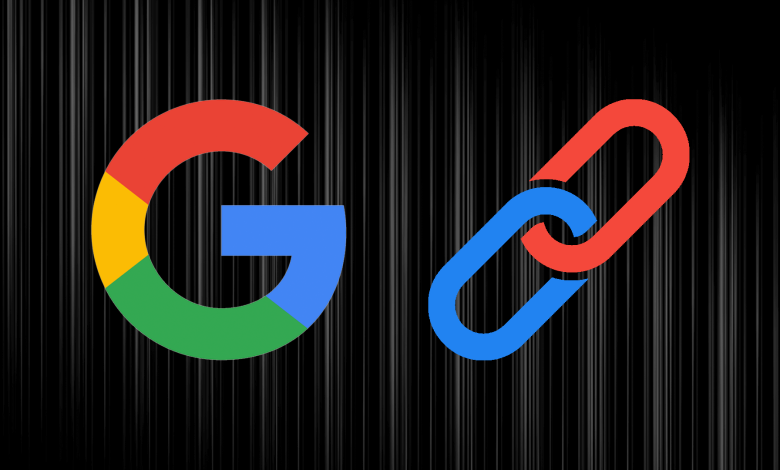
SEMrush, a well-known SEO toolset, faced criticism in the SEO community this week after its content marketplace introduced guest blogging services that emphasized the acquisition of natural links as a key feature. This led to SEMrush removing the service from its website.
SEMrush guest blogging. SEMrush took down the guest blogging page from its site, which previously described the service as providing a stream of high-quality, natural links to help boost your rankings and increase organic traffic. The service claimed that customers could order unique content with integrated backlinks without conducting any research or routine work themselves, which would then be placed on a relevant site within their niche.
Against Google’s guidelines. John Mueller from Google responded to queries about SEMrush’s guest blogging service, stating on Twitter that such links are unnatural and the type that could result in action from Google’s webspam team. Mueller referenced a 2017 blog post from Google, reminding users about links in large-scale article campaigns, specifically mentioning guest posts.
In 2014, Google stated, "Guest blogging is done" after issuing multiple warnings to SEOs and site owners against using guest posts as a link-building tactic. Google has since penalized many networks, such as MyBlogGuest in 2014.
SEMrush discontinues the service. SEMrush has now removed the option to purchase guest blog placements, indicating that they do not pay for article placements or sell links. The company announced they are pausing the test of their guest blog post service due to the volume of orders and their commitment to excellence, stating that the service focused on content development and editorial coordination.
Will SEMrush be penalized? It remains uncertain whether SEMrush will be penalized. Although Mueller stated that the service contravenes Google’s guidelines, he mentioned he often does not report such issues to the webspam team, who may already be aware of them.
Check your manual actions. If you have used this or similar services, ensure you log into Google Search Console to check for any manual actions. While Google typically notifies users of manual actions via email, it’s prudent to manually check regularly. If you receive a manual action, submit a reconsideration request after removing the guest posts or adding nofollow link attributes to the links. Adding these attributes proactively to links obtained through such services might be wise to avoid penalties.
Why we care. It’s surprising that SEMrush, an established SEO toolset company, offered such a service, given the history of Google’s penalties concerning guest blogging. SEMrush appears to have taken the necessary step of removing the service and reconsidering its approach. Although the content marketplace is relatively new and the guest blogging service has been available for a shorter period, it’s unlikely this will significantly impact the company and its popular toolset. Hopefully, no users of the service will face penalties, but it’s important to review your online presence and clean up any potential issues.
Postscript: Oleg Shchegolev, the CEO of SEMrush, released a statement addressing the controversy regarding their guest blog post service. He apologized for any distress or confusion and clarified that their service was about content development, outreach, and editorial coordination, not selling links. He noted that the service aimed to meet customer demand for guest blogging and outreach support, emphasizing that any link-building should follow ethical guidelines. Following an audit and the receipt of significant feedback, SEMrush decided to pause the service and refund all orders while continuing to seek customer input to develop beloved tools.



